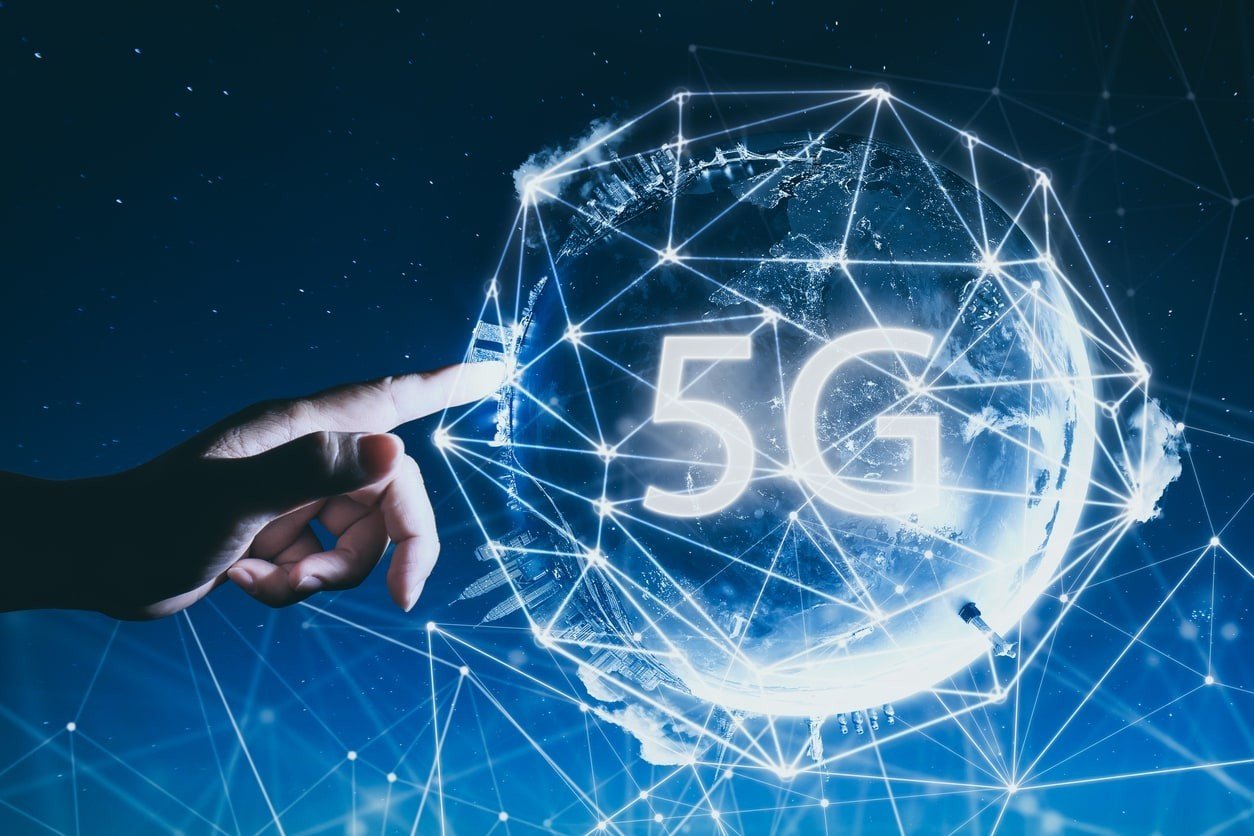Сети 5G — это новое поколение мобильных подключений к Интернету, предлагающее более высокие скорости и более надежные соединения на смартфонах и других устройствах, чем когда-либо прежде.
Сочетая передовые сетевые технологии и новейшие устройства с высокими техническими характеристиками, 5G должен предлагать соединения, которые во много раз быстрее, чем предыдущие мобильные технологии, со средней скоростью загрузки около 1 Гбит / с, которая, как ожидается, станет нормой для многих (если не для большинства) следующих gen сеть.
Ожидается, что эти сети превзойдут технологию Интернета вещей, предоставив инфраструктуру, необходимую для передачи огромных объемов данных, что сделает мир более умным и взаимосвязанным. В буквальном смысле информация от множества датчиков может сообщать операторам, что происходит в вашем доме, городе или даже городе в режиме реального времени.
Сети 5G запущены по всему миру, и провайдеры предлагают технологии подключения в США, Великобритании и Австралии, а также во многих других странах по всему миру. Хотя графики развертывания замедлились из-за вспышки коронавируса, сети все еще расширяются, а операторы связи продолжают реализацию своих планов по расширению текущих настроек и запуску узлов в новых районах и городах.
Многие из этих сетей работают вместе с существующими технологиями 3G и 4G, чтобы обеспечить более быстрые соединения, которые остаются в сети независимо от того, где вы находитесь. Возможно, вы уже сможете получить 5G там, где живете, и ниже мы расскажем вам, что такое 5G, и многое другое.

Насколько быстро работает 5G?
Скорость 5G будет различаться в зависимости от местоположения, страны, оператора связи и устройства, но в целом ожидаемая средняя скорость интернета должна быть намного выше, чем та, что в настоящее время предлагается в 4G.
Мы тестировали первые сети 5G в США, Великобритании и Австралии и обнаружили, что скорости несколько неоднозначны.
Хотя некоторые из сетей mmWave — наиболее надежно это Verizon в США — регулярно обеспечивают скорость более 1 Гбит / с, как и было обещано, их покрытие неравномерно и минимально. Среднечастотный сервис Sprint 2,5 ГГц 5G покрывает большую территорию и надежно предлагает скорость в районе 200 Мбит / с, что менее впечатляет, но все же намного превосходит типичные скорости 4G LTE.
В Великобритании сеть EE в наших тестах достигла максимальной скорости 550 Мбит / с, но частичное покрытие привело к средней скорости 200–400 Мбит / с. Вы можете ожидать аналогичного сочетания в других сетях 5G Великобритании, а также в Австралии.
Что для меня сети 5G?
- Более быстрая скорость загрузки и выгрузки
- Более плавная потоковая передача онлайн-контента
- Более качественные голосовые и видеозвонки
- Более надежная мобильная связь
- Большее количество подключенных устройств IoT
- Распространение передовых технологий, таких как беспилотные автомобили и умные города























ОТВЕТИТЬ